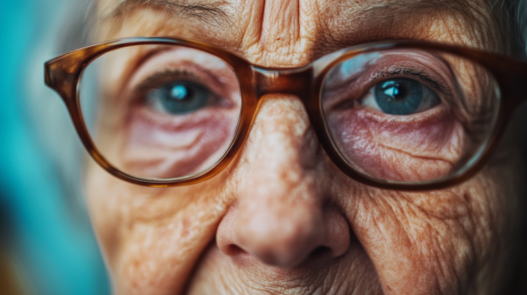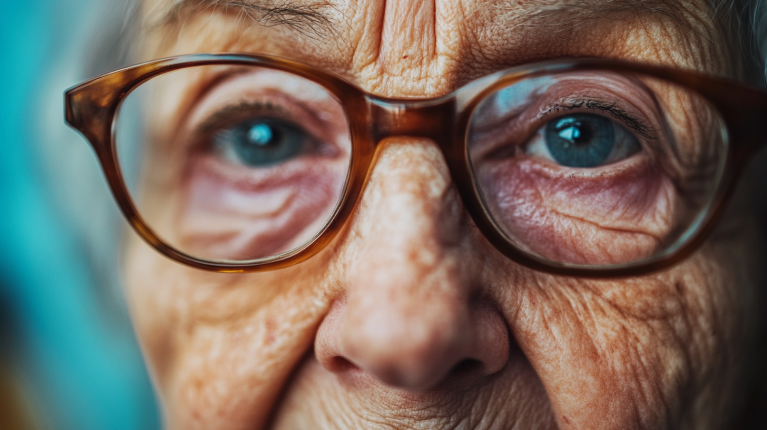As we get older, it’s natural to expect certain physical changes. Our bodies go through a kind of “wear and tear,” from weakening muscles to aging organs. Often, we dismiss these signs as just part of the aging process—”It’s normal to feel this way as you get older,” we tell ourselves. But, some symptoms that seem to be just a natural part of aging may actually indicate a deeper, more serious health issue. Let’s take a look at 6 such signs that shouldn’t be ignored.
1. Blurry Vision? It’s Not Just Presbyopia—It Could Be Retinal Disease
Blurry vision is often written off as the onset of presbyopia, a common condition where farsightedness sets in as we age. But what if the blurriness is more persistent or worsening? Retinal diseases can start subtly but progress quickly, leading to permanent damage. The retina, located at the back of the eye, is crucial for clear vision, and when compromised, it can cause irreversible blindness.
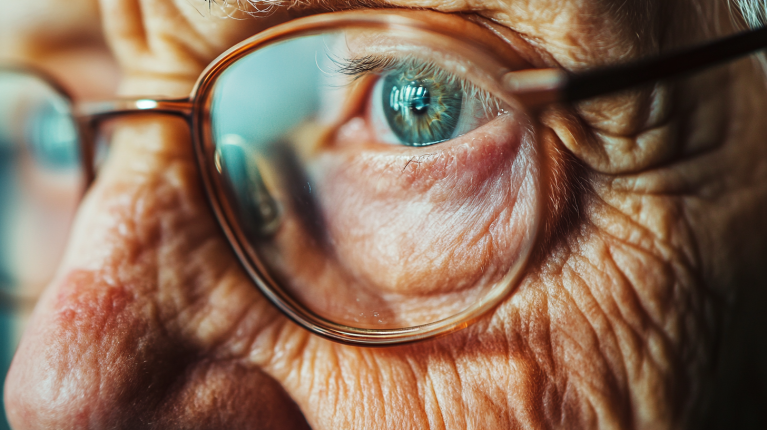
What to Do: Early detection is key. Regular eye exams, especially retinal screenings, can catch potential problems early. If your vision feels more blurred than usual, don’t ignore it. Consult an eye specialist to rule out retinal conditions.
2. Shrinking and Weight Loss? It’s Not Just ‘Old Age Slimming’—It Might Be Sarcopenia
Losing weight as we get older often seems like a harmless change. Some even joke about it being “part of the aging process.” However, unexplained weight loss and muscle loss could be signs of sarcopenia, a condition where muscle mass dramatically decreases, making movement and independence more difficult. Sarcopenia is surprisingly common in the elderly, affecting anywhere from 5.7% to 23.9% of people over 60.
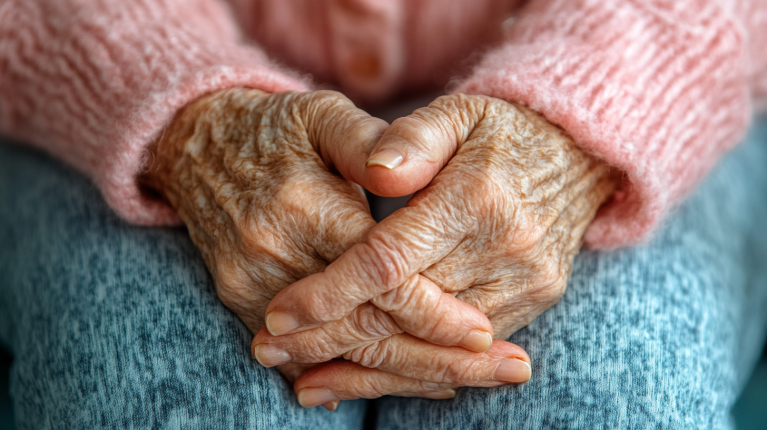
What to Do: To fight sarcopenia, focus on a protein-rich diet and regular strength training exercises. Muscle maintenance is key for staying independent and mobile in your later years.
3. Joint Pain and Stiffness? It Could Be Osteoarthritis, Not Just Aging
Joint pain is a familiar complaint as we age. It’s easy to dismiss aches in areas like the knees, hips, or shoulders as part of the natural aging process. But what if it’s more serious? Osteoarthritis, a condition where the cartilage in joints breaks down, is common in older adults. It causes painful swelling, stiffness, and joint deformities that make it harder to move.
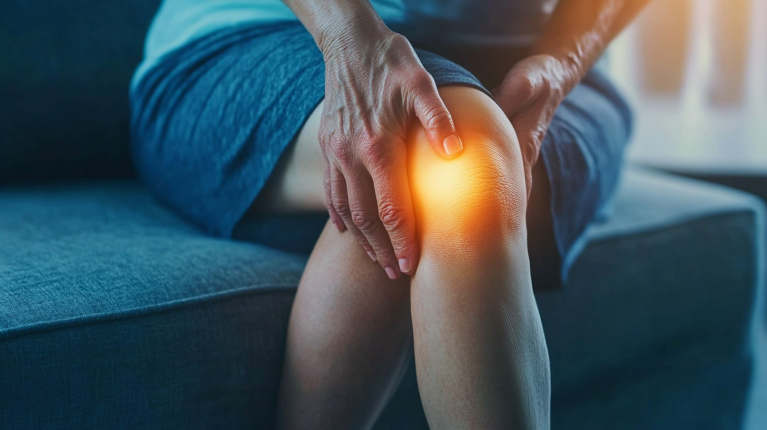
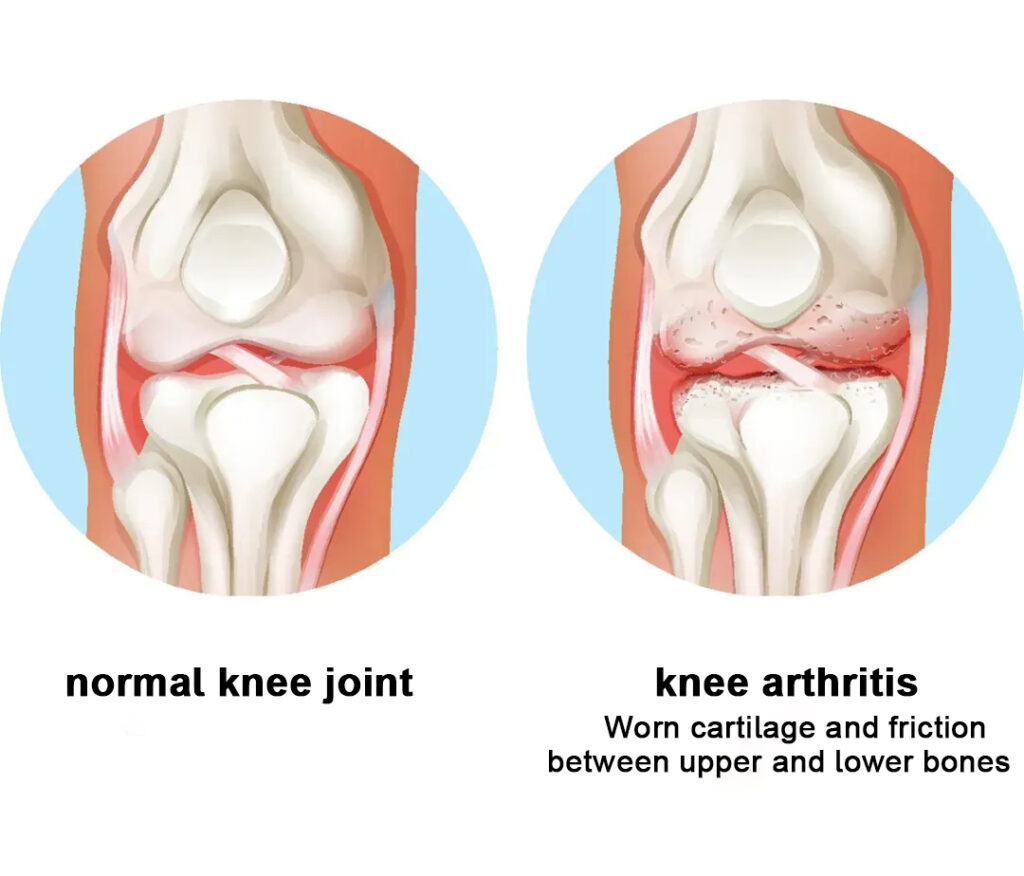
What to Do: If joint pain starts affecting your daily activities, don’t wait it out. A healthcare professional can recommend treatments like physical therapy or medication that can slow down the degeneration and improve your quality of life.
4. Losing Teeth? It Might Not Be Just ‘Old Age’—It Could Be Gum Disease
Tooth loss is often chalked up to getting older. But it’s not inevitable. Gum disease is a major cause of tooth loss, especially as plaque and bacteria build up in older adults. Additionally, weakened tooth enamel can make older teeth more susceptible to decay.

What to Do: Regular dental check-ups and maintaining a strong oral hygiene routine can help prevent gum disease and tooth loss. The World Health Organization (WHO) recommends keeping at least 20 functional teeth by the age of 80.

5. Chest Pain and Shortness of Breath? It’s Not Just Fatigue—It Could Be Heart Disease or Stroke
Chest pain and shortness of breath are often dismissed as signs of fatigue in older adults. However, these could be early warning signs of heart disease or a transient ischemic attack (TIA), also known as a mini-stroke. After the age of 49, the risk of cardiovascular disease increases significantly.

What to Do: Never ignore chest discomfort or shortness of breath. Seek immediate medical attention. Early diagnosis can prevent life-threatening events like heart attacks or strokes.

6. Hearing Loss? It Could Be an Ear Infection or Other Health Issues, Not Just Aging
While hearing loss due to aging (presbycusis) is common, not all hearing issues are related to age. Conditions such as ear infections or tumors, like acoustic neuroma, can also affect your hearing.
What to Do: If you notice any change in your hearing, don’t brush it off. Visit an ENT specialist to check for possible infections or tumors. Early intervention can often preserve your hearing.
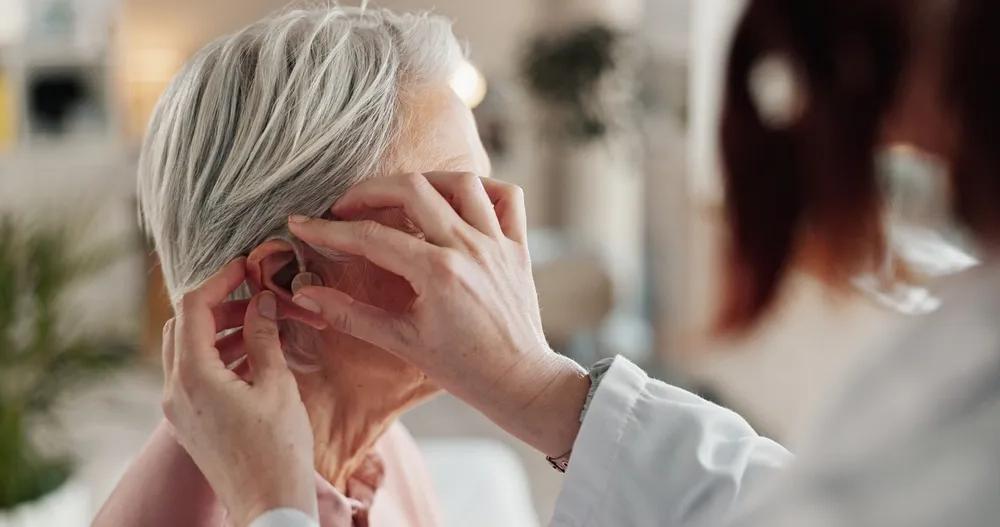
Conclusion: Aging Doesn’t Have to Mean Declining Health
Aging may bring about physical changes, but many of the symptoms we associate with getting older may actually be warning signs of treatable or preventable health conditions. By staying proactive and seeking medical help early, you can ensure that your golden years are healthier and more fulfilling. Don’t let age-related discomforts become something more serious—early intervention could make all the difference.







